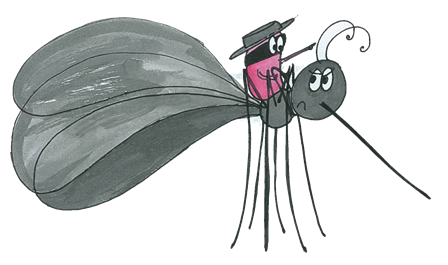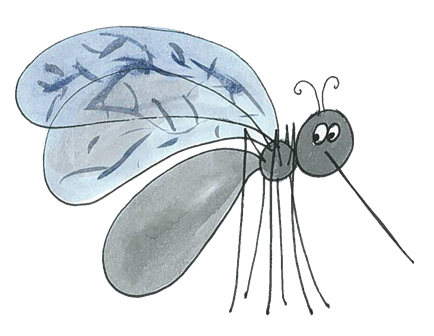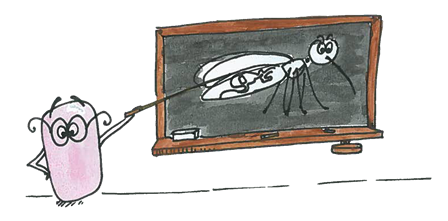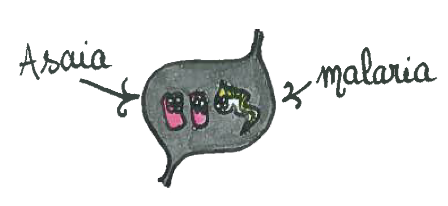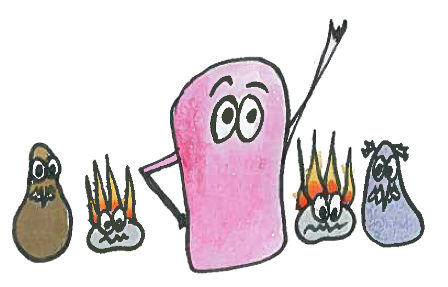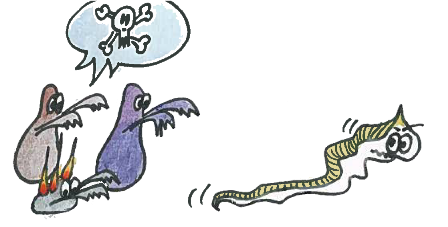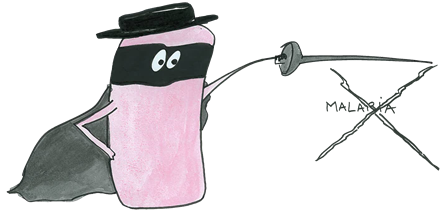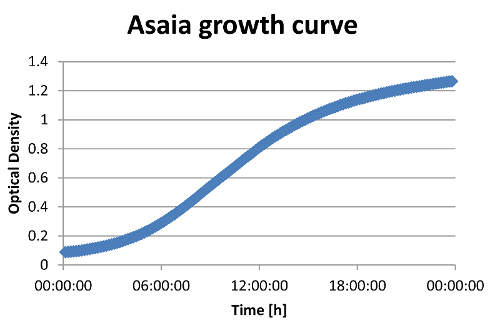Team:EPF Lausanne/Project
From 2010.igem.org
(→Movie) |
(→Overview) |
||
| Line 19: | Line 19: | ||
= Overview = | = Overview = | ||
| - | [[Image:Mousquito and asaia 3.png| | + | [[Image:Mousquito and asaia 3.png|left|300px|caption]] |
Our projects aims to help stopping the propagation of [https://2010.igem.org/wiki/index.php?title=Team:EPF_Lausanne/Project_malaria Malaria] . To do so, we chose to act on the mosquito. Indeed, if we prevent the mosquito from being infected by malaria, it won't be able to transmit the parasite to healthy humans. | Our projects aims to help stopping the propagation of [https://2010.igem.org/wiki/index.php?title=Team:EPF_Lausanne/Project_malaria Malaria] . To do so, we chose to act on the mosquito. Indeed, if we prevent the mosquito from being infected by malaria, it won't be able to transmit the parasite to healthy humans. | ||
Revision as of 22:33, 24 October 2010


Contents |
Overview
Our projects aims to help stopping the propagation of Malaria . To do so, we chose to act on the mosquito. Indeed, if we prevent the mosquito from being infected by malaria, it won't be able to transmit the parasite to healthy humans.
Our idea is to engineer Asaia, a bacteria that is naturally present in the mosquito's intestinal tract.
This bacteria would express an immunotoxin and specific proteins to kill the plasmodium or prevent its entery into the blood.
The immunotoxin and the proteins then fight the plasmodium and thus prevent the mosquito infection.
So... ASAIA is the pink power against malaria.....
Movie
For a playful overview of our project, you can watch our great iGEM EPFL movie
Plan
After choosing our bacteria of interest, here Asaia, we decided on two main set of experiments.
Cloning
The first, of course, was the cloning part. We performed all the cloning in E.coli, and did experiments on Asaia transformation, growth and resistance to antibiotics in parallel.
Here are the parts we successfully cloned.
As E.Coli origin does not work in Asaia, we added an origin that was compatible with this bacteria. Gwen: where did we get this origin from? On the opposite, Asaia's origin does work in E.Coli, which is very useful for our sets of experiments.
dessin des "parts"
Asaia Characterization
We measured the doubling time of Asaia.
We tested our bacteria with 9 differents antibiotics and measured the resistance with a paper filter test and a liquid culture test.

 "
"

















